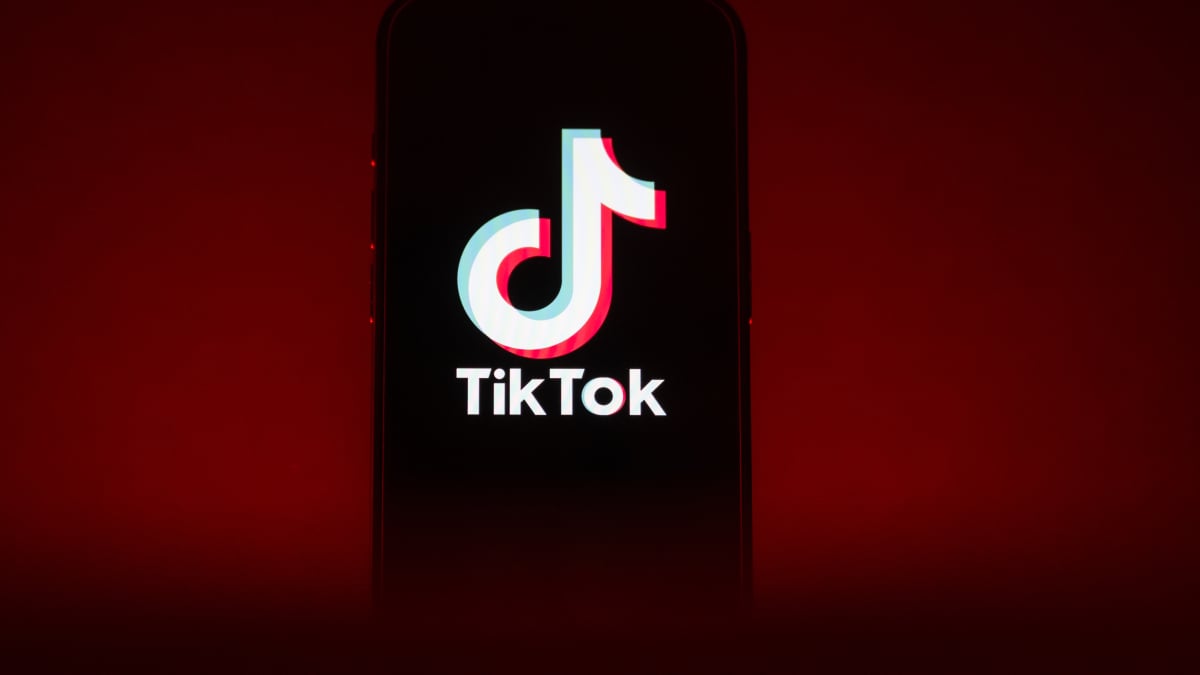Generative artificial intelligence is reviving the terrifying legacy of bigots, including former German dictator Adolf Hitler, as TikTok users harness the app’s AI tools to reanimate xenophobic speeches from long-dead leaders.
The phenomenon was recently documented in two different reports, one by nonprofit watchdog group Media Matters for America and another in an investigation by the Institute for Strategic Dialogue and the SITE Intelligence Group, published by the Washington Post. Both unveiled a small network of accounts creating and disseminating translated, AI-dubbed versions of Hitler’s speeches.
According to Media Matters’ research, AI-generated audios have accumulated millions of views, which include videos mocking the leader or those that have turned the audio into a meme. Other accounts appeared to be dedicated to creating and sharing these audios earnestly, sometimes with outrightly anti-Semitic messaging. Popular videos using said audio, often stylized with slowed down and “reverbed” audios, go as far back as April 2024, with several improperly translated. Following the publishing of the report, TikTok removed the account of one known uploader and began directing related searches to a “Facts About the Holocaust” page, which documents Hitler’s slaughter of millions of civilian Jews, disabled people, political prisoners, LGBTQ+ people, and those of Romani origin.
The Washington Post reported that known fascist groups have praised the use of AI to spread bigoted propaganda, citing a growth in “red-pilled” young people engaging with hate speech and right-wing communities online. Experts told the publication that they worry platform moderation tools, including those on Meta sites and X, won’t be able to keep up with the AI-assisted spread.
Both reports noted a slew of positive sentiments in the videos’ comment sections, with some users outrightly praising the historical figure and his policies, and flagged that many of these videos don’t flaunt obvious white supremacist dog whistles, prompting fear that users are unknowingly being radicalized by the content.
Similar attempts to rewrite historical figures’ legacies have made their way onto TikTok over the last year, spurred by AI. In June, a mistakenly-leaked internal version of the app’s new AI digital avatar tool — which allowed its users to generate advertisements using creators’ likenesses — led to the circulation of several AI-generated videos featuring avatars reciting various white supremacist rhetoric, including excerpts of Mein Kampf and Osama Bin Laden’s “Letter to America.” In 2023, TikTok videos reciting the same Bin Laden statement, sometimes associated with white supremacist sentiment, stirred a cross-app panic, as users re-contextualized the speech as an anti-imperial treatise in light of Israel’s besiege of Palestinians in Gaza and the nation’s U.S. backing.
Generally, watchdog groups have documented repeated instances of both domestic and foreign actors spreading disinformation on the app through the use of generative AI tools, including synthetic digital forgeries (or “deepfakes”) of political leaders. White supremacist, pro-Nazi accounts have also proliferated on the platform, operating in tandem with networks across sites like Telegram to boost their content within social media algorithms.
According to a July report from the Institute for Strategic Dialogue, TikTok hosts “hundreds” of pro-Nazi accounts, which cumulatively garner millions of views. The company, the organization says, hasn’t moved quickly enough to stop their spread.
https://mashable.com/article/tiktok-ai-deepfakes-adolf-hitler-speeches


